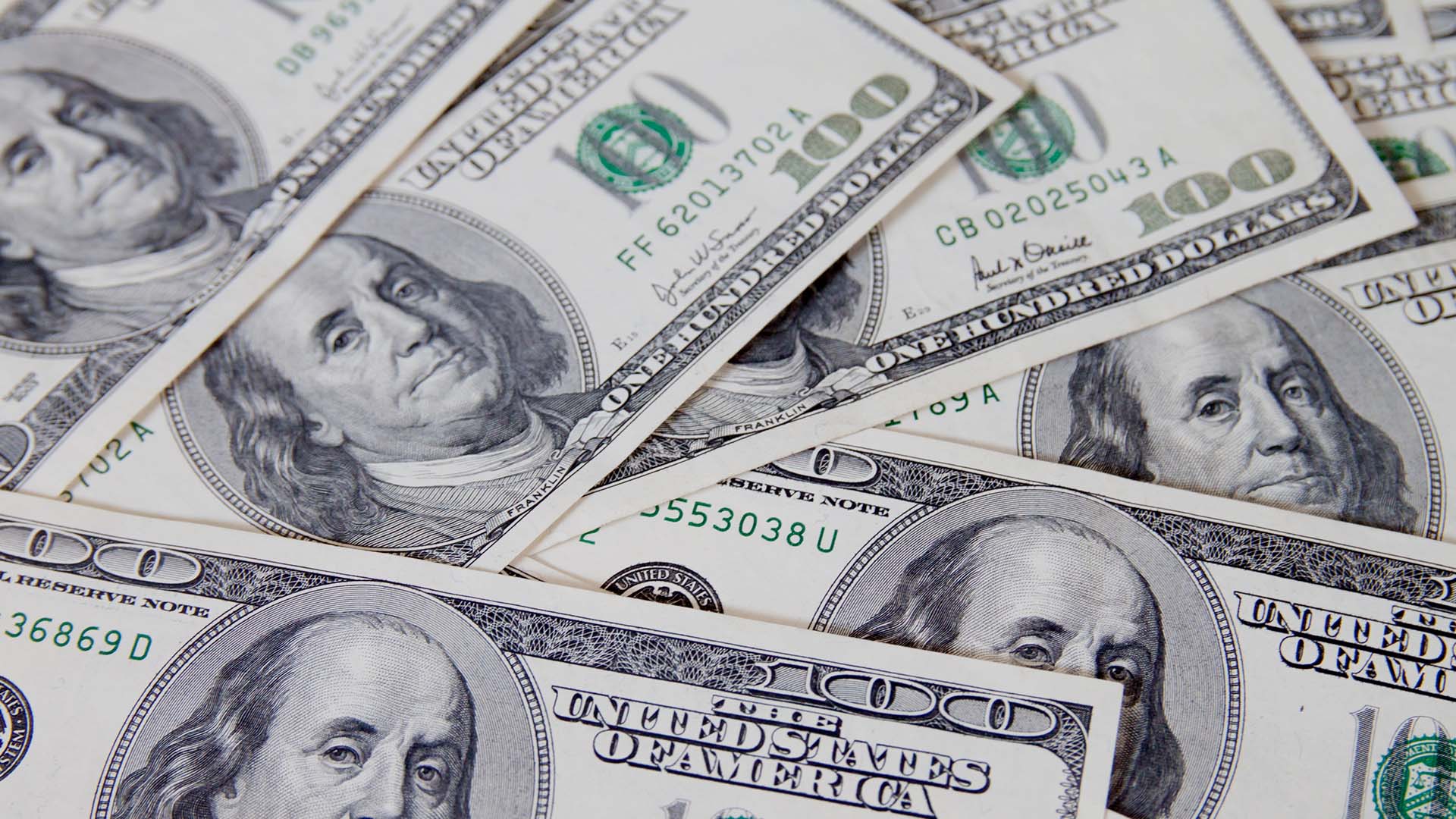The US Dollar as the World’s Reserve Currency: Balancing Power, Benefits, and Responsibilities – カヴァン・ チョクシ

The US dollar’s status as the world’s reserve currency has far-reaching implications for the global economy and financial system. In this article, we delve into a fresh perspective from people like カヴァン・ チョクシ say on the US dollar’s role as the reserve currency, exploring the delicate balance between power, benefits, and responsibilities that comes with this unique position.
Power and Influence
As the world’s reserve currency, the US dollar grants the United States significant power and influence in global affairs. The ability to print and control the supply of dollars provides a considerable advantage in managing the country’s economy and responding to financial crises. This power also extends to shaping international economic policies, influencing global financial markets, and exerting geopolitical influence.
Economic Benefits
The reserve currency status offers tangible economic benefits to the United States. The constant demand for US dollars creates a stable and liquid market for US government debt, enabling the country to borrow at relatively low interest rates. This lowers borrowing costs for the government, supports infrastructure development, and stimulates economic growth. Moreover, the dollar’s dominance in international trade facilitates transactions, reduces exchange rate risks, and strengthens the US position as a global trading hub.
Global Financial Stability
The US dollar’s role as the reserve currency contributes to global financial stability. Central banks around the world hold US dollar reserves as a means of maintaining exchange rate stability and supporting their domestic economies. The liquidity and stability of the US dollar serve as an anchor during times of economic uncertainty, providing stability to international financial markets and acting as a safe haven for investors.
International Responsibilities
With the privilege of having the world’s reserve currency comes a set of responsibilities. The United States plays a crucial role in maintaining the stability and trustworthiness of the global financial system. It must implement sound monetary and fiscal policies to preserve the value of the dollar and promote economic stability both domestically and internationally. Additionally, the US has a responsibility to work cooperatively with other nations, foster global economic development, and address systemic risks that may impact the international financial landscape.
Evolving Landscape and Challenges
The US dollar’s dominance as the reserve currency faces challenges in an evolving global landscape. The rise of emerging economies, the potential development of alternative payment systems, and calls for a more diversified reserve currency basket pose challenges to the dollar’s supremacy. The United States must navigate these shifts by embracing innovation, adapting to changing technologies, and fostering partnerships and collaborations with other nations.
Collaboration and Multilateralism
As the global economy becomes increasingly interconnected, collaboration and multilateralism are vital. The United States should actively engage with other nations, international organizations, and central banks to address common challenges, promote financial stability, and foster sustainable economic growth. This collaborative approach strengthens trust, encourages cooperation, and supports the continued relevance and stability of the US dollar as the world’s reserve currency.
To summaries, The US dollar’s status as the world’s reserve currency brings immense power, economic benefits, and global responsibilities. While the position offers advantages, it also requires careful stewardship, collaboration, and adaptability to navigate a changing global landscape. The United States must recognize the evolving dynamics, engage in responsible economic policies, and foster international cooperation to ensure the continued stability and effectiveness of the US dollar as the world’s reserve currency.






